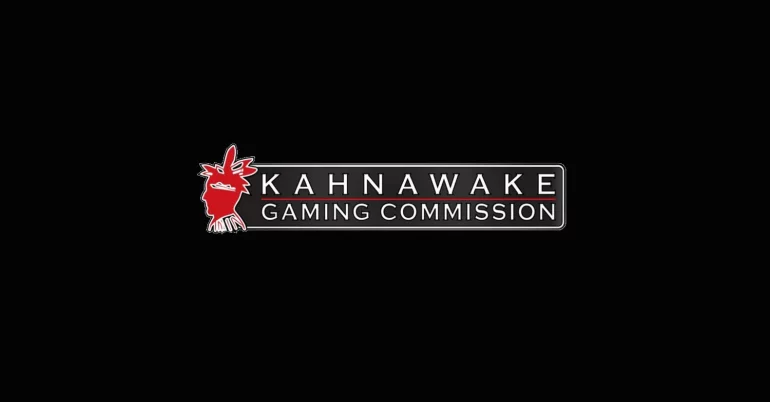
In online gaming, regulatory bodies play a crucial role in ensuring fair play, player protection, and industry integrity. Among the most recognized and established of these is the Kahnawake Gaming Commission (KGC). Operating from the Mohawk Territory of Kahnawake, a sovereign jurisdiction in Quebec, Canada, the KGC has been a trailblazer in licensing and regulating online gaming since the late 1990s, fostering a reputation for reliability and stringent standards.
A Brief History and Mandate
The Kahnawake Gaming Commission was formally established on June 10, 1996, under the Kahnawake Gaming Law enacted by the Mohawk Council of Kahnawake. Its regulations concerning interactive gaming were first put into effect in July 1999, making it one of the earliest jurisdictions globally to embrace and regulate the burgeoning online gambling industry. This early adoption allowed the KGC to shape its regulatory framework based on evolving industry needs and best practices.
The core mandate of the KGC is to ensure that all interactive gaming and gaming-related activities conducted within or from the Mohawk Territory of Kahnawake adhere to the highest principles of honesty and integrity. This includes:
- Providing a lawful basis for the regulation and control of interactive gaming.
- Ensuring that interactive gaming is conducted responsibly, fairly, and honestly.
- Preventing interactive gaming from being associated with crime or criminality.
- Ensuring operators treat players fairly, pay winners promptly, and maintain strict confidentiality of player information.
- Protecting minors and other vulnerable individuals.
Licensing and Regulation
The KGC offers various types of licenses for both interactive (online) and land-based gaming operations. For online operators, the most common license is the Client Provider Authorization (CPA), which covers a wide range of online gaming activities including casinos, poker rooms, and sportsbooks. Additionally, a Key Person Permit is required for individuals holding managerial and operational roles within a licensed entity.
The licensing process is known for its thoroughness, requiring applicants to submit extensive documentation regarding their business, financial viability, and the suitability of key personnel.
The KGC performs rigorous background checks and often collaborates with independent agencies to verify information. Once issued, licenses are subject to ongoing monitoring and compliance reviews, with the KGC actively investigating player complaints and imposing sanctions, including license revocation, if violations are found.
Operators licensed by the KGC are often required to host their primary servers at Mohawk Internet Technologies (MIT), a data center located within the Mohawk Territory of Kahnawake, ensuring that the Commission has direct oversight of the operations.
Commitment to Player Protection
Player protection is a cornerstone of the KGC's regulatory philosophy. The Commission has established clear procedures for handling player complaints and disputes, striving to facilitate fair resolutions between players and operators. Furthermore, their regulations emphasize responsible gaming practices, including mechanisms for self-exclusion for individuals who wish to limit their participation in gaming activities.
The KGC's Logo Certificate Program allows players to easily verify the licensing status of a site by clicking on the Commission's logo, providing an additional layer of transparency and trust.
| Casino | Regulators | Deposit methods | ||
| Kahnawake Gaming Commission Curacao eGaming |
+8
|
Play | ||
| Kahnawake Gaming Commission |
+11
|
Play | ||
| Kahnawake Gaming Commission |
+5
|
Play |
International Recognition and Future Outlook
Over the years, the Kahnawake Gaming Commission has earned international recognition as a reputable and reliable gaming authority. Its long-standing presence and consistent application of robust regulatory standards have made its license highly sought after by online gaming operators worldwide. While the KGC has historically licensed operators serving a global audience, it has adapted its policies in response to evolving international regulations, such as discontinuing licensing for operators accepting players from the United States following an understanding with the New Jersey Division of Gaming Enforcement in 2016.
As the iGaming industry continues to evolve, the Kahnawake Gaming Commission remains committed to maintaining a secure and fair environment for both operators and players, solidifying its position as a key player in global gaming regulation.
Read more about KGC in the more detailed Casinoz article.






























